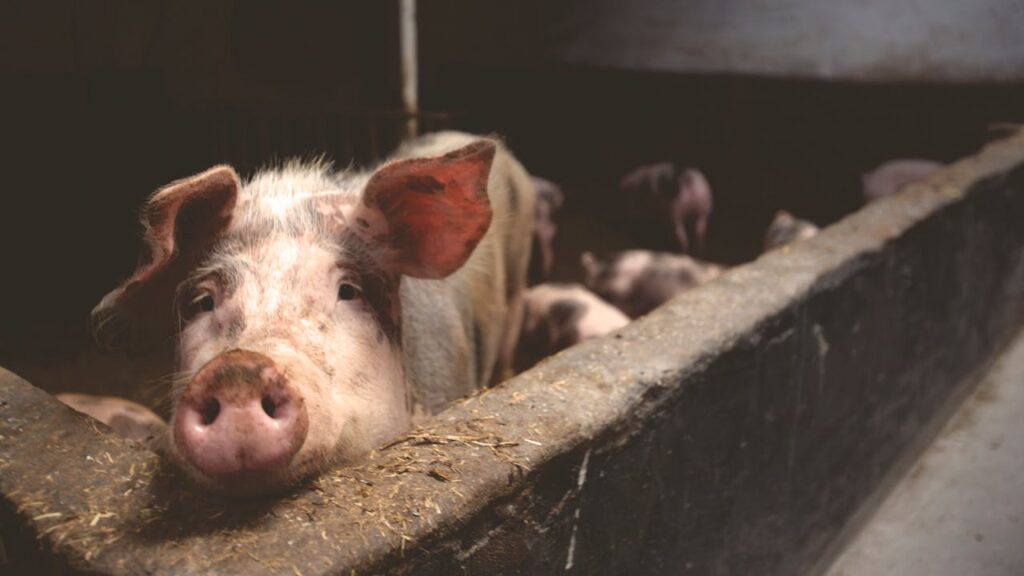Understanding the difference between vegan and plant-based diet can be confusing, as both focus on plant-derived foods but have distinct goals and principles. Veganism involves a commitment to avoiding all animal products in every aspect of life, including diet, clothing, and personal care. In contrast, a whole food plant-based diet focuses primarily on consuming plant foods for health reasons, without necessarily eliminating animal products in other areas of life.
In this post, we’ll break down the vegan and plant-based lifestyles to help you understand their unique features and determine which approach might align with your needs and values.
What is Vegan?
Vegan lifestyle extends beyond just food, encompassing clothing, beauty products, and even household items. Vegans are driven by a strong commitment to animal rights, environmental sustainability, and ethical living. Here are some key distinctions that define vegans versus those who follow a plant-based diet:
Diet
Vegans avoid all forms of animal-derived food, including meat, dairy, eggs, and honey. They also avoid ingredients like gelatin, casein, and certain food colorings that come from animals. Vegans focus their diet entirely on plant-based foods, such as fruits, vegetables, grains, nuts, seeds, and legumes.
Clothing and Fashion

Vegans also avoid materials like leather, wool, silk, and fur in their clothing and accessories. Instead, vegans choose alternatives made from synthetic or plant-based materials. This preference also applies to footwear and other accessories, where they opt for cruelty-free and sustainable options.
Ethical Considerations
The core motivation for many vegans is to minimize harm to animals and oppose practices that exploit them. This ethical stance often aligns with broader values of compassion and justice. For vegans, the lifestyle is a way to actively contribute to the reduction of animal suffering.
Environmental Impact
Many of them also focus on the environmental impact of animal agriculture. Therefore, vegans choose plant-based alternatives to reduce their carbon footprint, conserve water, and decrease deforestation linked to animal farming.
What is Plant-Based Diet?
Plant-based eating centers around consuming foods that come from plants. This includes a wide variety of fruits, vegetables, whole grains, nuts, seeds, and legumes. The primary aim of a plant-based diet is to enhance overall health and well-being.

Dietary Focus
Unlike vegans, the core of a plant-based diet is the emphasis on whole, unprocessed plant foods. This diet promotes the intake of nutrient-dense foods that are rich in vitamins, minerals, fiber, and antioxidants. Plant-based eaters prioritize foods like leafy greens, berries, beans, lentils, quinoa, and nuts for a balanced and nutritious diet.
Health Goals
Many people adopt a plant-based diet with the main goal of improving their overall health. Unlike vegans, plant-based eaters prioritize the health benefits that come from focusing on whole, plant-based foods.
This dietary approach is centered around enhancing well-being, promoting longevity, and reducing the risk of various health issues. They make better health the primary motivation for following a plant-based lifestyle.
Flexibility
Unlike veganism, plant-based eating is more focused on dietary choices rather than a strict lifestyle. People who follow a plant-based diet may still use animal products in other areas of their lives, such as clothing or personal care items.
They might also consume processed foods that contain small amounts of animal-derived ingredients, such as certain additives or flavorings.
Environmental Impact
While the primary motivation for plant-based eating is often health-related, like vegans, many individuals also care about the environmental benefits. By reducing their consumption of animal products, plant-based eaters help lower greenhouse gas emissions, use less water, and reduce deforestation linked to animal agriculture.
Personal Adaptation
People can adapt plant-based eating to fit their individual needs and preferences. Some may choose to avoid all animal-derived ingredients, while others might include occasional non-plant-based foods in their diet. This flexibility makes plant-based eating a practical option for many who want to improve their health without making broader lifestyle changes.
Key Differences Between Vegan and Plant-based
- Scope: Vegans choose a broader lifestyle that impacts many aspects of life, while a plant-based diet focuses primarily on nutrition.
- Motivation: People often choose to be a vegan for ethical concerns regarding animal welfare, while they usually adopt plant-based eating for health reasons.
- Food Choices: Vegan diet avoids all animal products, including those in processed foods. Plant-based eaters focus on whole plant foods and may be more flexible about including occasional animal-derived ingredients.
Choosing Between Vegan and Plant-Based Lifestyles
Choosing Between Vegan and Plant-Based Diets depends on your personal goals and values. If your primary concern is ethical issues surrounding animal rights, veganism might align better with your beliefs.
On the other hand, if you’re looking to improve your health and don’t mind occasional animal products, a plant-based diet might be a great fit.
Both vegan and plant-based lifestyles offer benefits and can contribute to a healthier, more mindful way of living. By understanding these differences, you can make an informed choice that best suits your needs and values.
For more tips on sticking to a healthy diet, check out my related post about the challenges of eating healthy.














